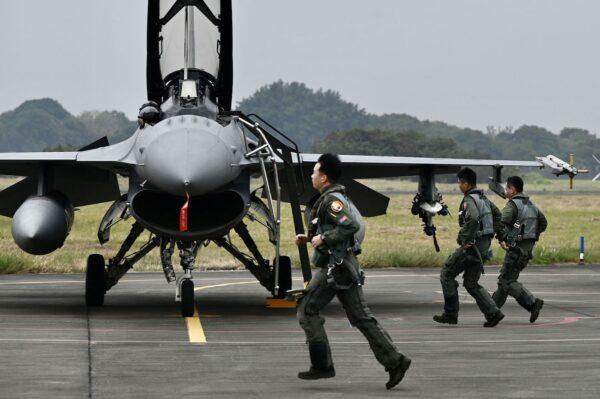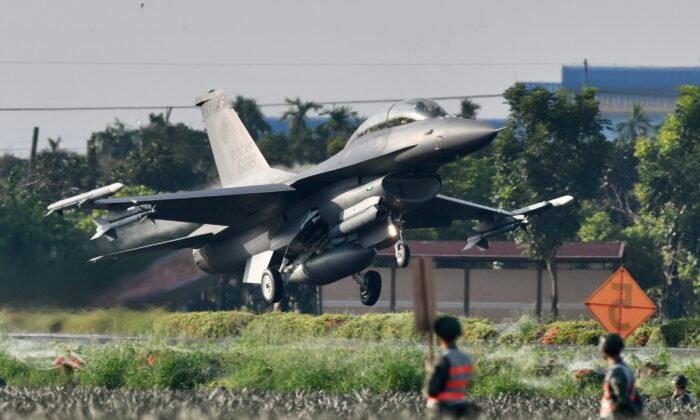China imposes sanctions on 6 US defense firms over arms sales to Taiwan.
The Ministry of Foreign Affairs of the Chinese communist regime has imposed sanctions on six U.S. defense companies and five senior executives in response to an unspecified recent arms sale to Taiwan.
In a statement, the ministry argued that the arms sale violates the “one-China principle”, meddles in China’s internal affairs, and undermines its sovereignty and territorial integrity.
On June 18, the U.S. government approved a $360 million arms sale to Taiwan.
As a result, Beijing’s sanctions will freeze the assets of Anduril Industries, Maritime Tactical Systems, Pacific Rim Defense, AEVEX Aerospace, LKD Aerospace, and Summit Technologies starting on July 12.
The assets of three executives from Anduril and two executives from AeroVironment Inc in China will also be frozen, and these executives will be banned from entering China.
At this time, other affected entities and individuals have not responded to requests for comments from The Epoch Times.
According to Retired Maj. Gen. Yu Tsung-chi in Taiwan, the sanctions are largely symbolic as major U.S. defense companies do not have extensive business dealings with China due to strict controls on U.S. military technology.
Analysts predict that the CCP’s sanctions will only hasten the decoupling between the U.S. and China, leading the U.S. to offer greater support to Taiwan in response.
Simultaneously, the U.S. State Department announced visa restrictions against CCP officials involved in religious and human rights abuses, reiterating their condemnation of China’s actions in Xinjiang, Hong Kong, Tibet, and globally.
Chung Chih-tung, an assistant research fellow at Taiwan’s Institute for National Defense and Security Research, believes the CCP’s sanctions are aimed at deterring U.S. defense companies but doubts their effectiveness.
He recalls past instances of sanctions against U.S. companies like Boeing and Lockheed Martin, noting that it did not impact their arms sales to Taiwan.
The U.S. and Taiwan recently held a Defense Industry Symposium, reaffirming their commitment to security cooperation.

Mr. Yu suggests that such sanctions work against the U.S. government, challenging their policy decisions on foreign arms sales.
He anticipates a further deterioration of U.S.-China relations, with reciprocal sanctions affecting officials involved in human rights abuses.
Wang Shiow-wen, an assistant researcher at Taiwan’s Institute for National Defense and Security Research, echoes these sentiments, emphasizing bipartisan U.S. support for Taiwan’s security.
He concludes that the CCP’s punitive actions will only expedite the separation of U.S. military-industrial companies from China.
Mr. Yu believes the sanctions will not deter the U.S. from providing Taiwan with necessary defense, and may even strengthen their resolve.
Luo Ya contributed to this report.





